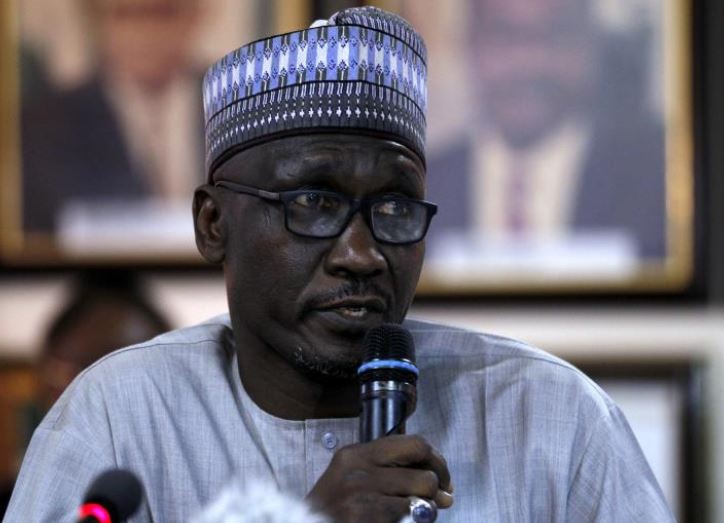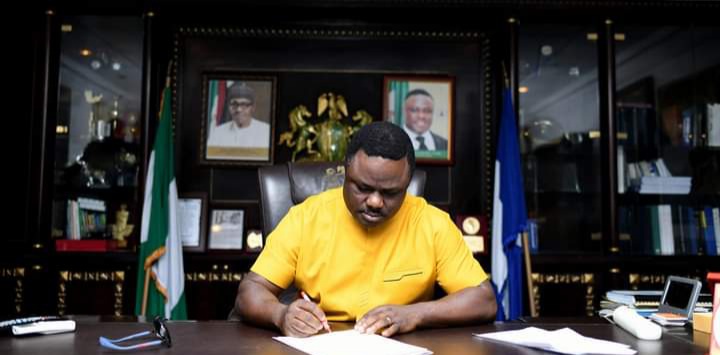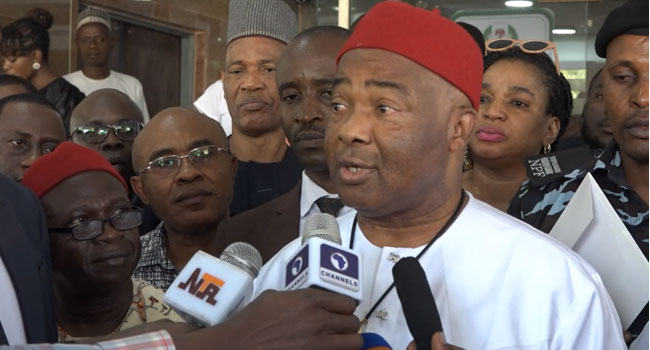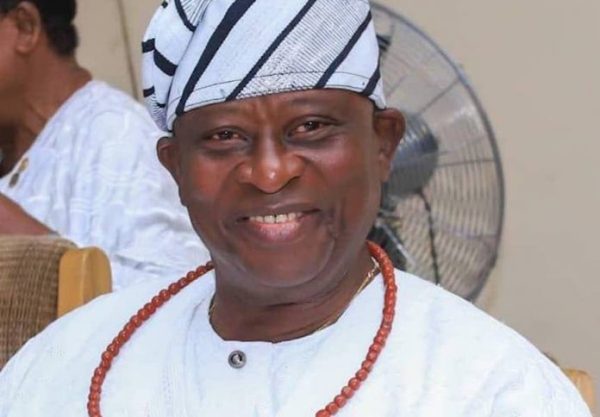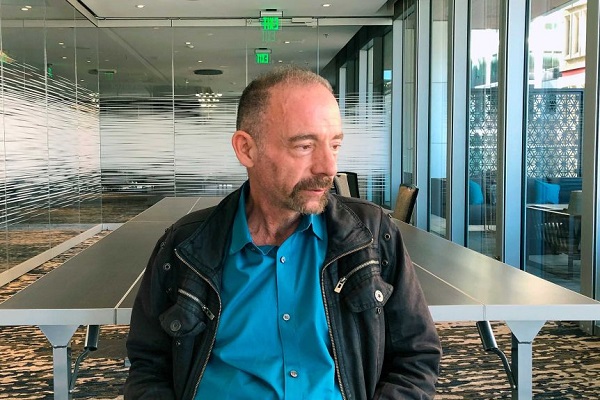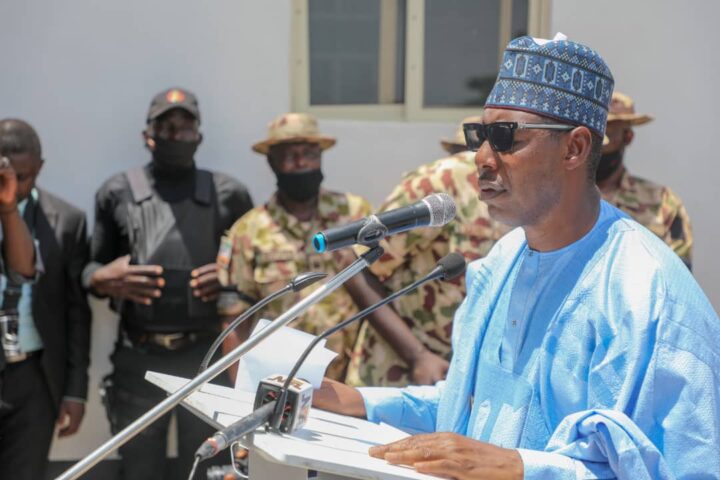Mele Kyari, group managing director of Nigerian National Petroleum Corporation (NNPC), says it is not in the interest of the organisation to remain the only importer of petrol into the country.
Kyari was quoted to have made this statement at a downstream stakeholders’ meeting that held at NNPC Towers in Abuja.
He said the Central Bank of Nigeria (CBN) has already taken the first step of merging all forex windows to have a unified exchange rate and stakeholders are now taking steps to address the main concerns of marketers, especially the issue of availability of forex.
“It is really not in our interest to be the sole importer of PMS in the country. We have taken definite steps to exit the situation. This is a definite step taken and the details would be communicated to stakeholders like MOMAN, DAPMAN, IPMAN and others outside this forum,” a statement by Kennie Obateru, the corporation’ spokesman, quoted Kyari to have said.
Advertisement
He explained that the federal government has commenced road repair in response to the concerns raised recently by members of the Nigerian Association of Road Transport Owners (NARTO) over the state of roads.
According to the GMD, the government spent N2.13 trillion on subsidies between 2016 and 2019, describing the situation as unsustainable and unprogressive.
Kyari said the government plans to inject about N2.7 trillion into the economy to stimulate production, stabilize the exchange rate and cushion the inflationary effect of the pump price increase.
Advertisement
Speaking at the meeting, Tunji Oyebanji, president of Major Oil Marketers Association of Nigeria(MOMAN), said the FG has displayed “utmost pragmatism” by applying economic solution to the age-long challenges in the downstream rather than the political solutions applied in the past which were not sustainable.
He commended Kyari for extending the engagement to the leaders of oil workers’ unions who he said have always been opposed to deregulation and called on them to adopt a different approach to the issues this time around.
Sarki Auwalu, director of the Department of Petroleum Resources (DPR), who was represented by Bashir Sadiq, DPR’s assistant director, depots, products and jetties, added that the government was interested in opening up the downstream sector.
The FG removed fuel subsidy in March and introduced a price modulation policy where market forces determine the retail pump price of petrol.
Advertisement
The Nigeria Labour Congress (NLC) has slated Monday, September 28, for a nationwide strike to protest the hike in the prices of petrol and electricity tariff arguing that citizens are struggling to cope with the economic challenges caused by the COVID-19 pandemic.
Add a comment
